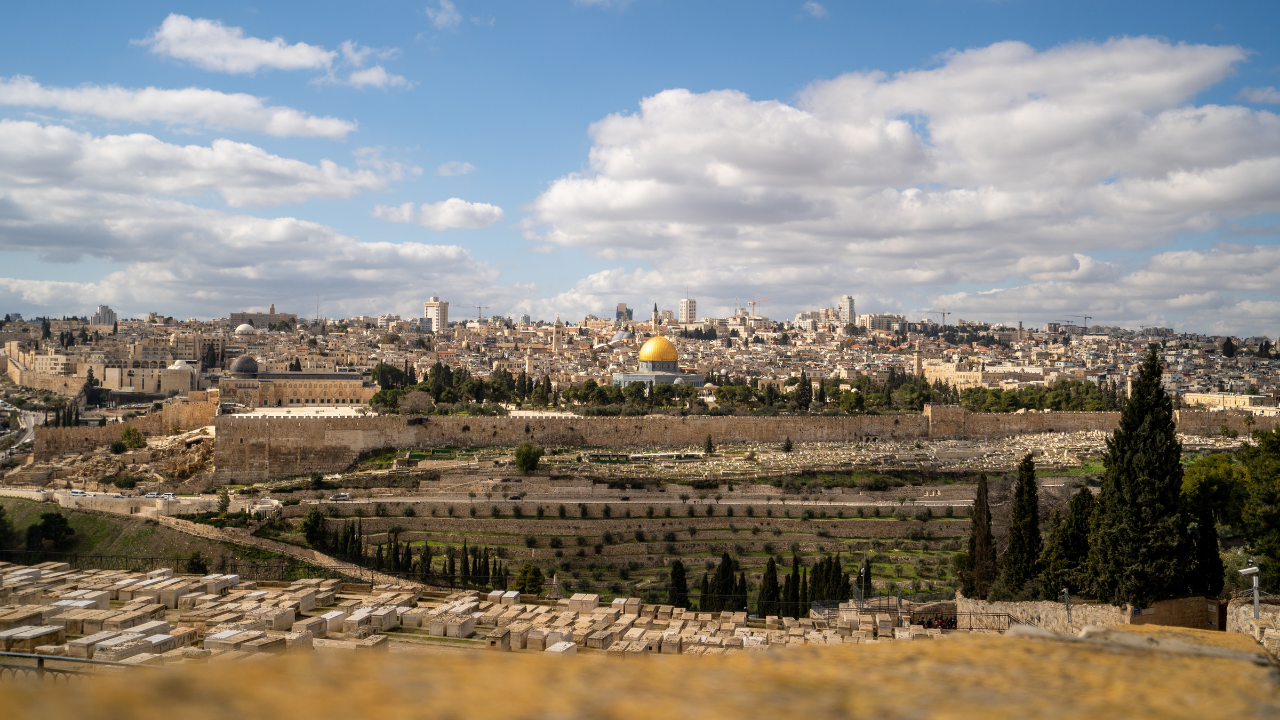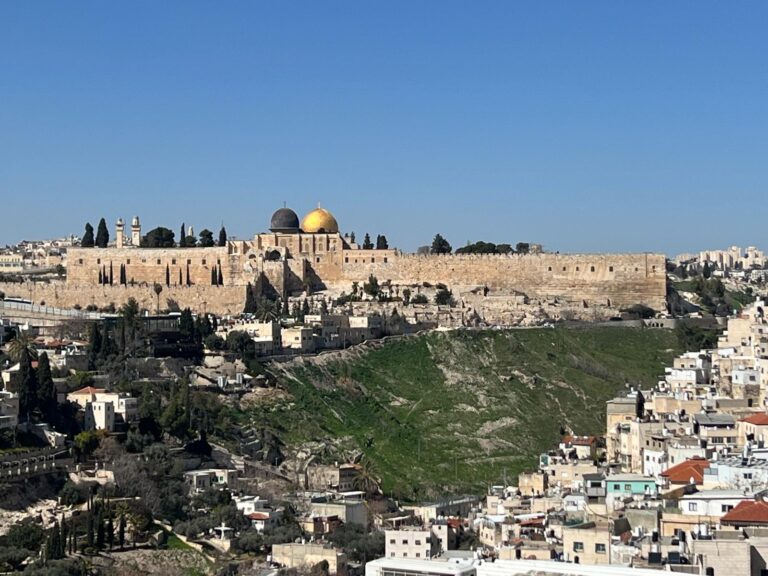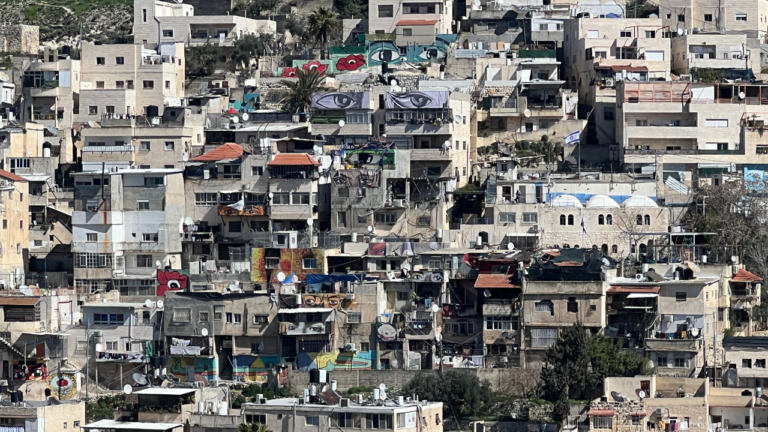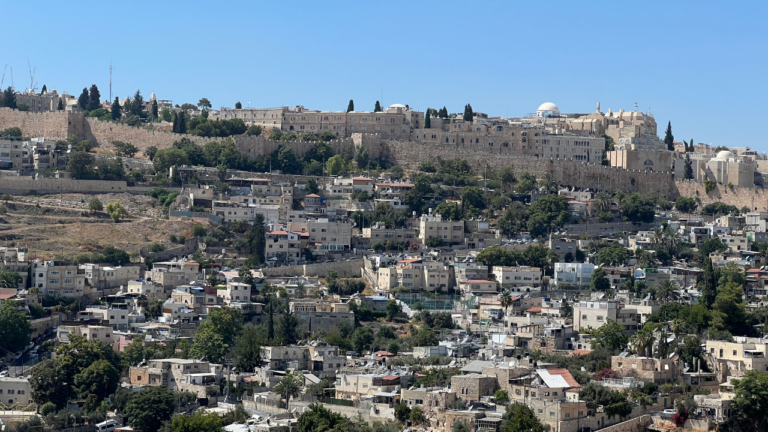The Purity of Jerusalem
This week’s parsha opens with the laws of childbirth. We are taught that the mother of the new baby becomes impure for a period of time and cannot enter the Beit HaMikdash. Many commentators have expressed bewilderment over this law. Ritual impurity is usually rooted in items or processes relating to death or negative phenomenon. Why would such a momentous and positive occasion as childbirth result in ritual impurity and a banishment of sorts from the Shechina?
Rav Shimshon Raphael Hirsch offers a fascinating suggestion. He argues that impurity is created when natural, bodily processes overtake a person and function beyond his or her control. The ultimate example of this is death – a natural process relating to the body that is inescapable – which creates the most severe form of impurity. Similarly, processes such as menstruation and tzara’at are similarly uncontrollable natural forces. In this vein, childbirth functions similarly. As much as we have advanced with making childbirth safer for the mother and baby, in the end of the day childbirth is a process that no one controls. The baby comes out when it is ready.
If impurity is contracted by nature overtaking a person then purity, or “taharah” is created through a person controlling his nature. Rav Hirsch explains that this is why the Torah immediately juxtaposes the impurity of the mother to the mitzvah of brit milah as this mitzvah represents a person’s control over strong natural urges. Similarly, a person achieves the appellation “tahor” when he controls his natural baser instincts and perfects his character traits.
This perspective on impurity and purity links to the taharah of the city Yerushalayim. On a halachik level we see that there was a presumption of a high level of ritual purity within the city. For example, the Mishna teaches that even though the spit of certain impure people is also impure, nonetheless, “Any spittle found in Jerusalem is pure, except for the spittle that is found in the upper
market.” Similarly, the opinion of R. Yosi is that any vessel found in Yerushalayim is presumed to be pure.
This presumption of ritual purity teaches of a similar purification of the character that can occur in Yerushalayim. Spending time in Yerushalayim allowed a person to rise above his natural tendencies and purify himself. The Meshech Chochma speaks of “the purification of character traits and understanding” to a level higher than the natural order as the foundational building blocks of Yerushalayim. Through the pilgrimage the Jewish people would make to Yerushalayim for the holidays they would be able to continue and strengthen this process of transformation. Spending time in God’s presence enables a person to reach purity that transcends one’s base nature.



